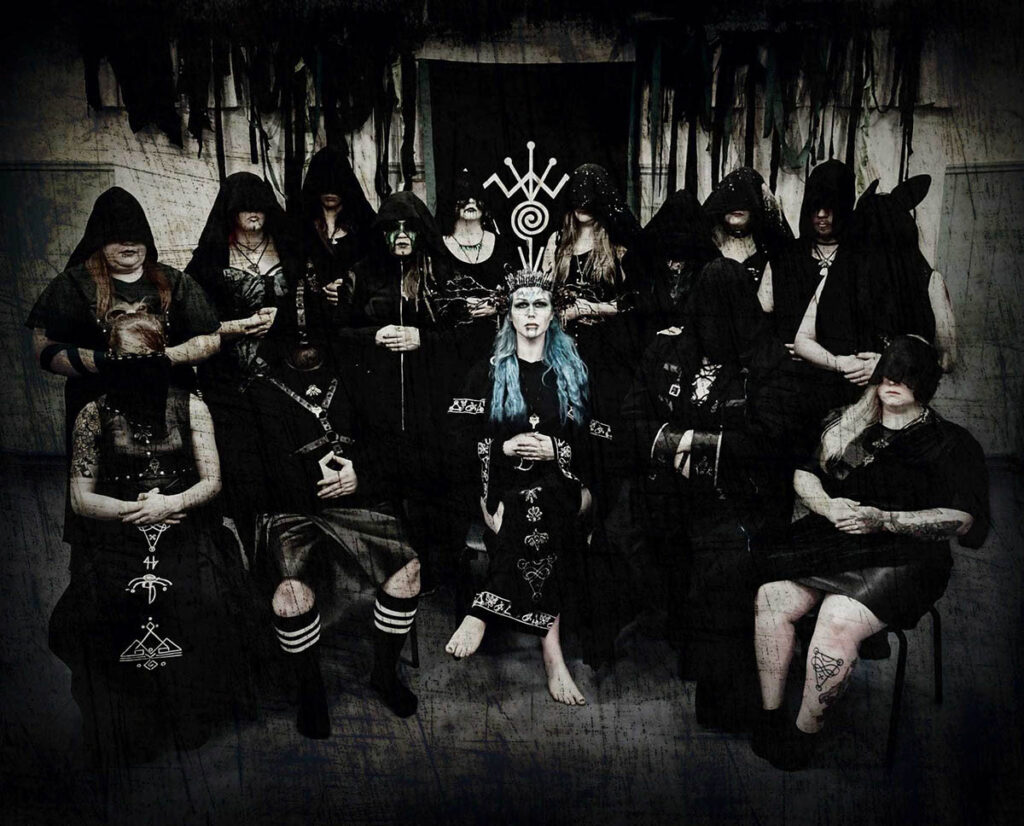A medieval French sect infamous for their radical poverty and controversial practices, excommunicated by Pope Gregory XI.
The Turlupins were a religious sect from medieval France, emerging prominently in the second half of the 14th century. They are often associated with the Beguines, Beghards, and the Brethren of the Free Spirit due to their loose affiliations and similar spiritual pursuits. The name ‘Turlupin’ itself was a derisive label, likely coined by their detractors; the members preferred to identify as the “society of the poor” or “fellowship of poverty.” This self-designation underscores their commitment to a vow of poverty, which was so extreme that it led to societal backlash, including accusations of nudism and promiscuity. Such practices, along with their heretical views, eventually attracted the ire of the Church, culminating in their excommunication by Pope Gregory XI from Avignon.
The Turlupins’ presence was notably significant in Paris, marking them as one of the few heretical sects active in the city during that era. Their activities and the subsequent persecution they faced highlight the tension between emerging spiritual movements and the established Church. In 1372, several members were imprisoned; a notable figure among them, a female leader named Jeanne Daubenton, was executed for witchcraft and heresy. Records suggest that a similar sect might have been active in Lille during the 1460s, pointing to the wider spread of their beliefs or practices within France.
Historical accounts of the Turlupins are scarce, largely preserved in the writings of their opponents. This scarcity of primary sources has led some historians to speculate that the significance of the Turlupins may have been overstated, possibly embellished to serve as a colorful backdrop to academic and theological disputes of the time. Despite the controversy surrounding their practices and beliefs, the Turlupins are a testament to the diversity of spiritual expression in medieval Europe and the often harsh response such expressions elicited from the ecclesiastical authorities.




